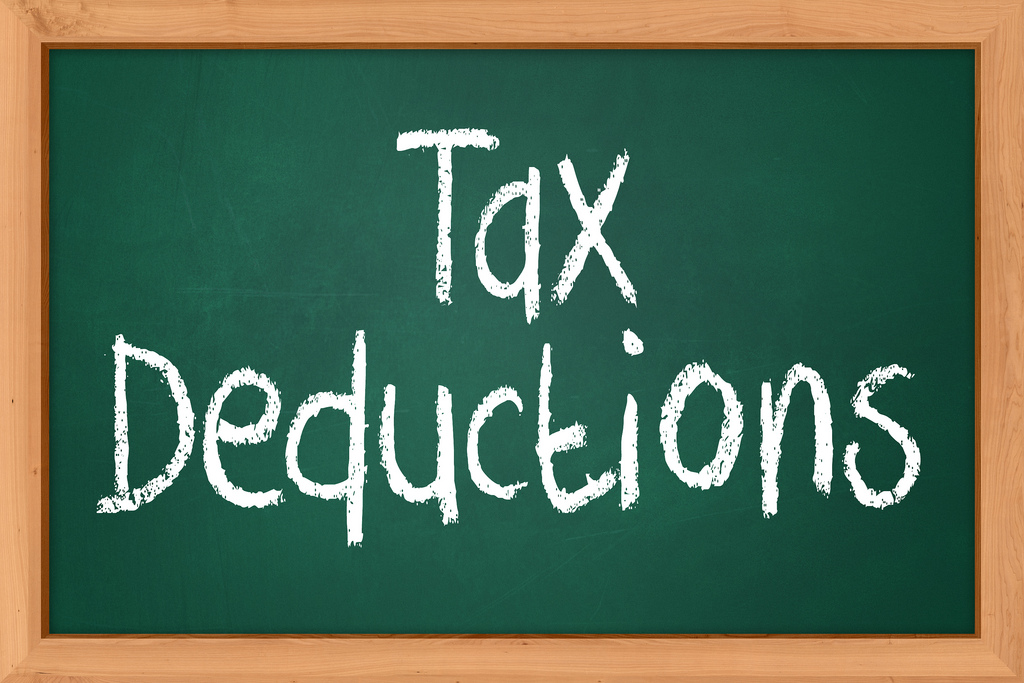Tax Agent Fees are tax-deductible
Did you use R T Accounting & Taxation Services or another tax agent to prepare and lodge your tax return last year? If yes, then great! You can claim the amount you paid last year on this year’s tax return. On your tax return, simply add the amount you paid last year into section D10 – “Cost of Managing Tax Affairs”. The fees you pay for your tax return are always tax-deductible. Of course, if you use R T Accounting & Taxation Services, we will automatically add the expense you paid last year as a deduction for the following year in any estimate.
Union/Membership Fees are tax-deductible
Are you part of a union? How about a membership body related to your profession? If you pay work-related union or membership fees, you can claim the total cost of these fees.
For example, SDA Union fees for Retail, Fast Food & Warehouse Workers are tax-deductible. AHPRA registration costs are also tax-deductible for nurses.
Work-Related Car Expenses
If you are required to use your personal car for work-related reasons, apart from driving to and from work. You can usually claim fuel and maintenance costs as a tax deduction. Things provided your employer has not reimbursed you for these costs and claimed the deduction themselves.
There are two methods for the calculation of this deduction. You can use a 12-week logbook (which generates numbers you can reuse for 5 years) or the cents per kilometer method.
The ATO defines work-related kilometers as kilometers traveled in your car while you are earning your income. The ATO assumes everyone has a workplace they need to travel to, and as a result, that is why kilometers to and from work are not tax-deductible. To be eligible, you must be the owner of the car and the travel must be part of the working day. For example, driving between offices, special trips to the post office or bank, or moving from one job site to another (common for tradesmen). There are special cases in which you can claim kilometers for trips between work and home, for instance, if you are carrying heavy equipment for work, or transporting heavy tools required to do your job. In this case, get in touch with our tax agents who will be more than happy to point you in the right direction.
Each taxpayer is different, so depending on your personal circumstances, either a logbook or the cents per kilometer may be a better method for you, this is why we at R T Accounting & Taxation Services are here to help you choose the method which gets you the largest tax deduction.
Claiming Home Office Expenses
COVID-19 has meant that many employees are finding working from home for the past 8 months. As a result, the ATO brought out a simple 80 cents per hour worked from the home method for calculating home office expenses from 1st March 2020 to 30th June 2020. This is simple enough for the 3-month period. However, what happens when the ATO remove this method and you are still stuck working from home as it has become the new normal to an extent.
The good news is that the ATO allows employees who must work from home occasionally to claim part of their home office expenses. This is most beneficial to those working entirely from home to claim the “occupancy cost” of your home office space as a tax deduction. These expenses include:
- Software
- Equipment
- Furniture
- Percentage of your rent/mortgage
- Electricity apportioned appropriately
The details on this can get a bit complicated, so it is a good idea to trust your local registered tax agent at R T Accounting & Taxation Services to help get it right. Just give us honest information and we will take care of the rest to help you maximize your tax refund.
Mobile Phone Tax Deduction
Everyone has a mobile phone these days. But do you use your mobile phone to take and make work calls? Due to ease of access do you call clients or other staff members on your personal mobile phone?
If you answered yes, then you can claim the cost of these calls as a deduction on your tax return. It is important to note that you can only claim the cost of your work-related calls and not your entire phone bill. It is probably wise to keep a logbook or record (for at least 1 month) of when you use your personal phone to determine the average percentage of your calls that are work-related.
For example.
Tom pays $50 a month for his mobile phone plan. He estimates that 50% of his mobile phone calls are work-related. Therefore:
50% of $50 = $25 per month
$25*12 = $300 per year
Tom can claim $300 on his tax return as a deduction for mobile phone expenses.
So, is it worth the trouble to claim the deductions? The short answer is yes.
While individually these items would seem small, added together they could save you a significant amount of money. For example, an extra $600 of deductions on a $50,000 a year income could see an increase in your tax refund of $180.
Get in touch with the registered tax agents at R T Accounting & Taxation Services to maximize your refund and ensure that you do not miss out on any deductions you are entitled to.


